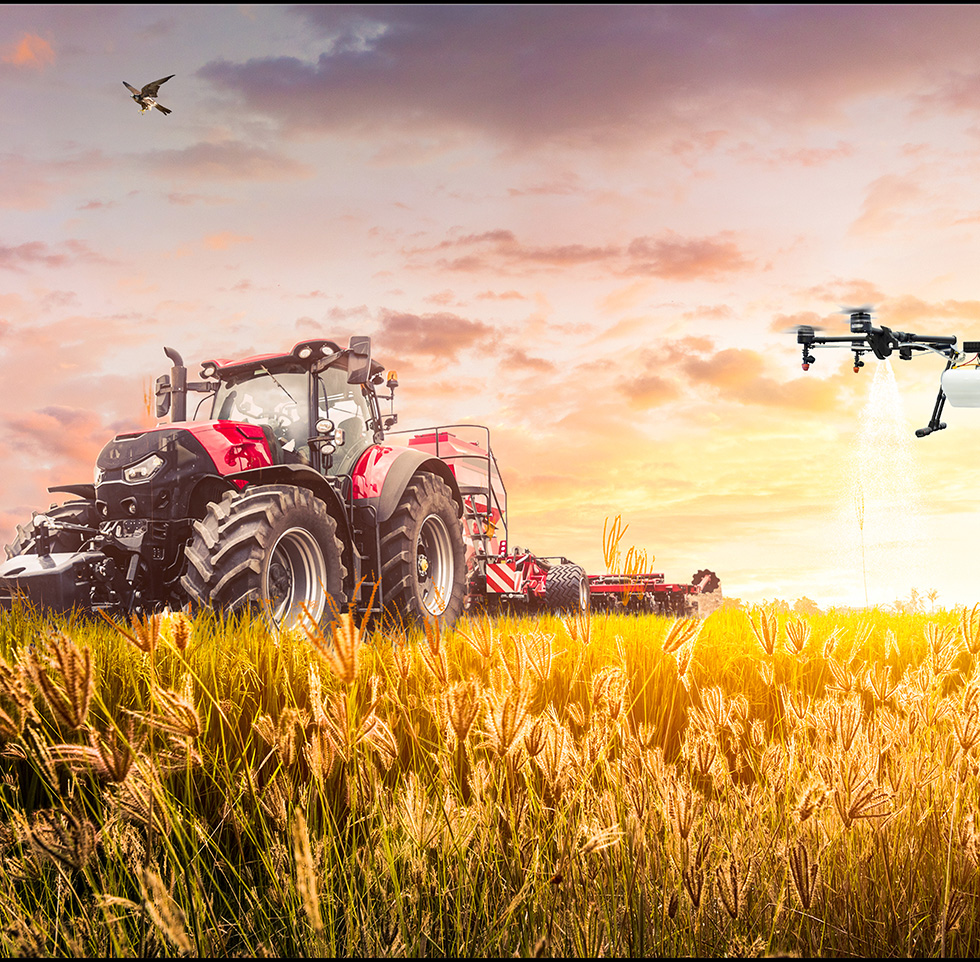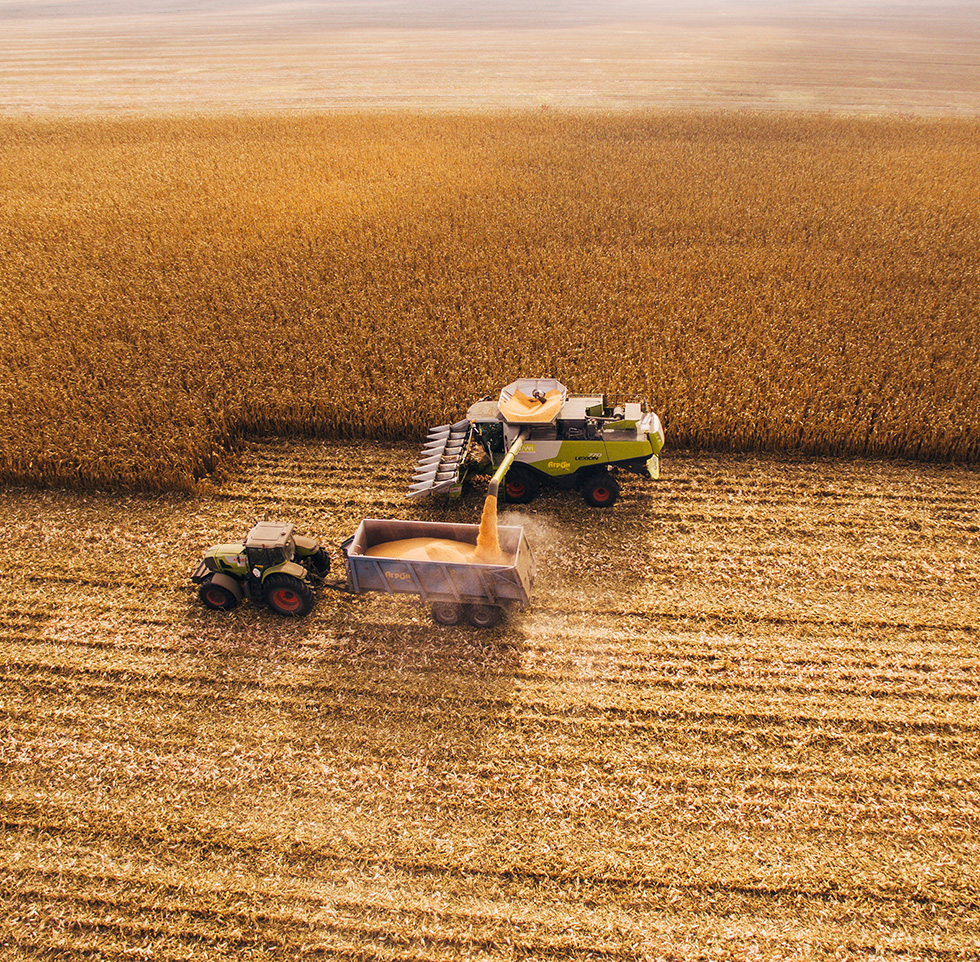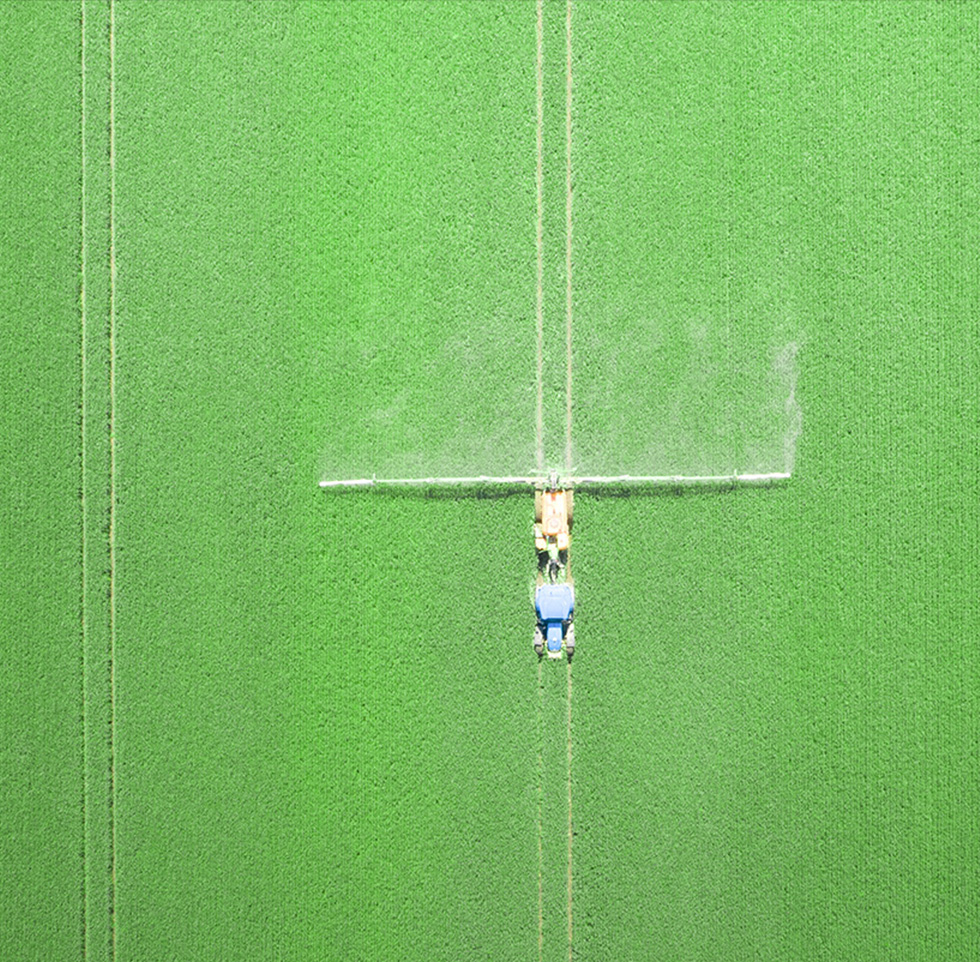
Need for real life measurements
There is a need for independent quantitative and qualitative assessments of the multiple costs and benefits and potential sustainability gains of DATS, examining both their positive and negative potential impacts. It is also important to make these assessments of DATS and their wider impacts replicable, comparable and of practical use. This is of particular importance for farmers, their advisors, and policy-makers, as this is an essential stepping-stone to facilitate the uptake of DATS in the sector and may facilitate the design of tailored and effective policy measures.




